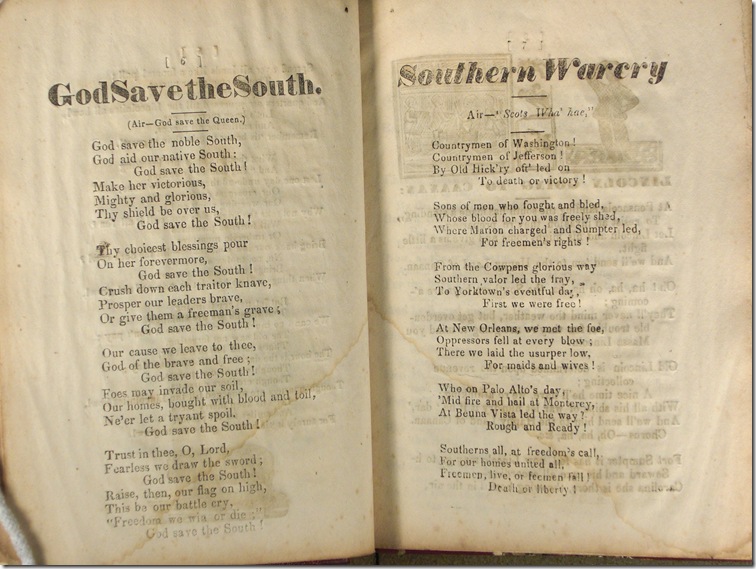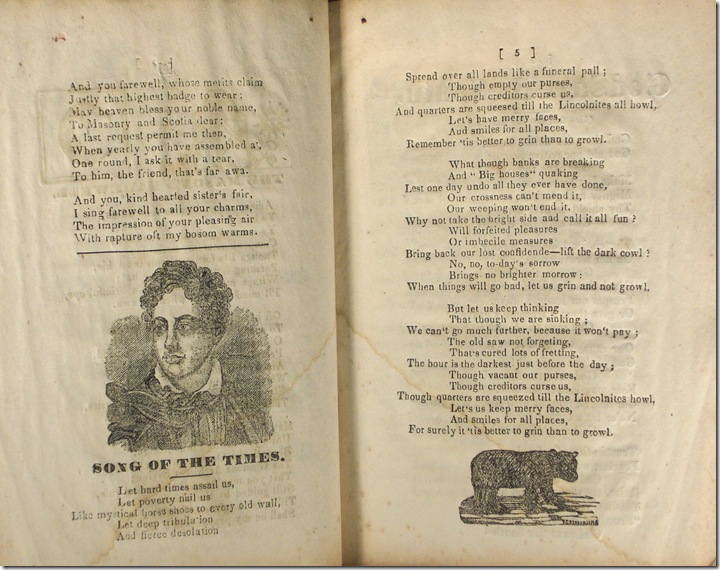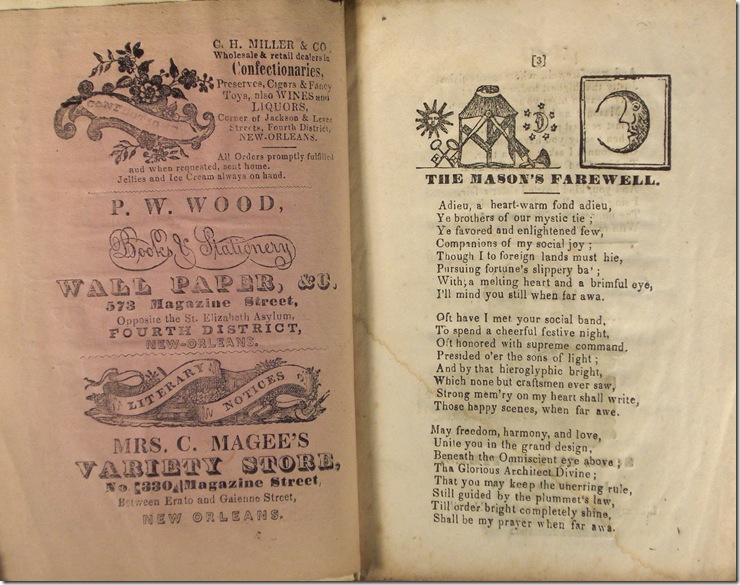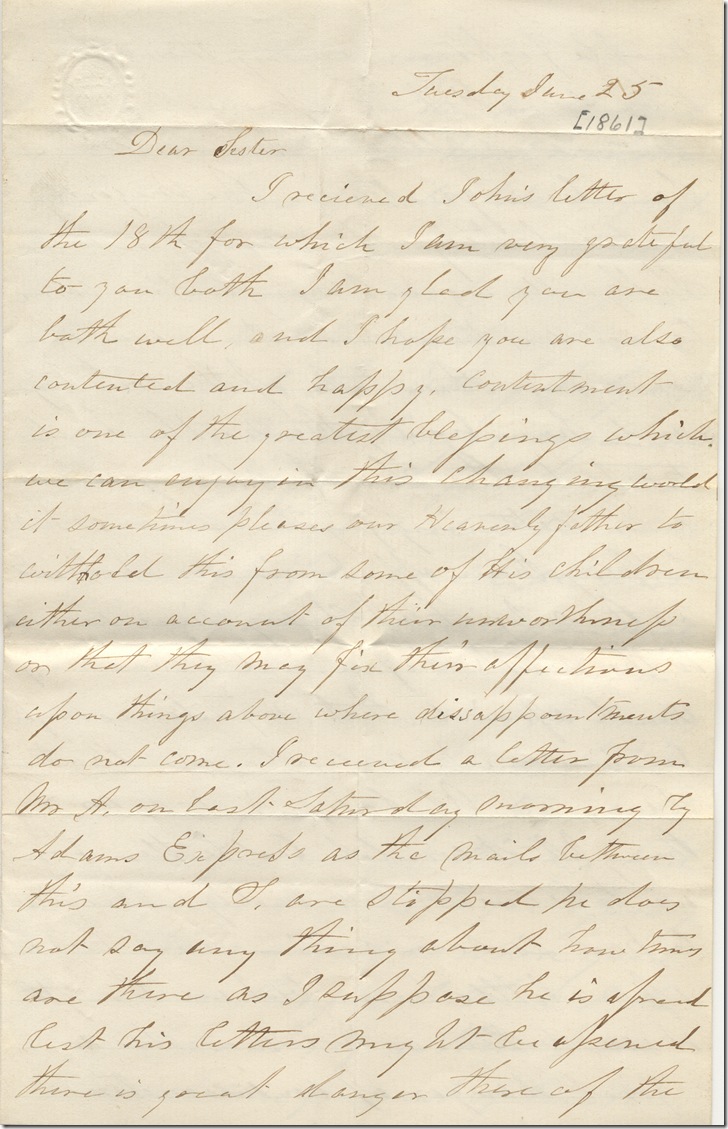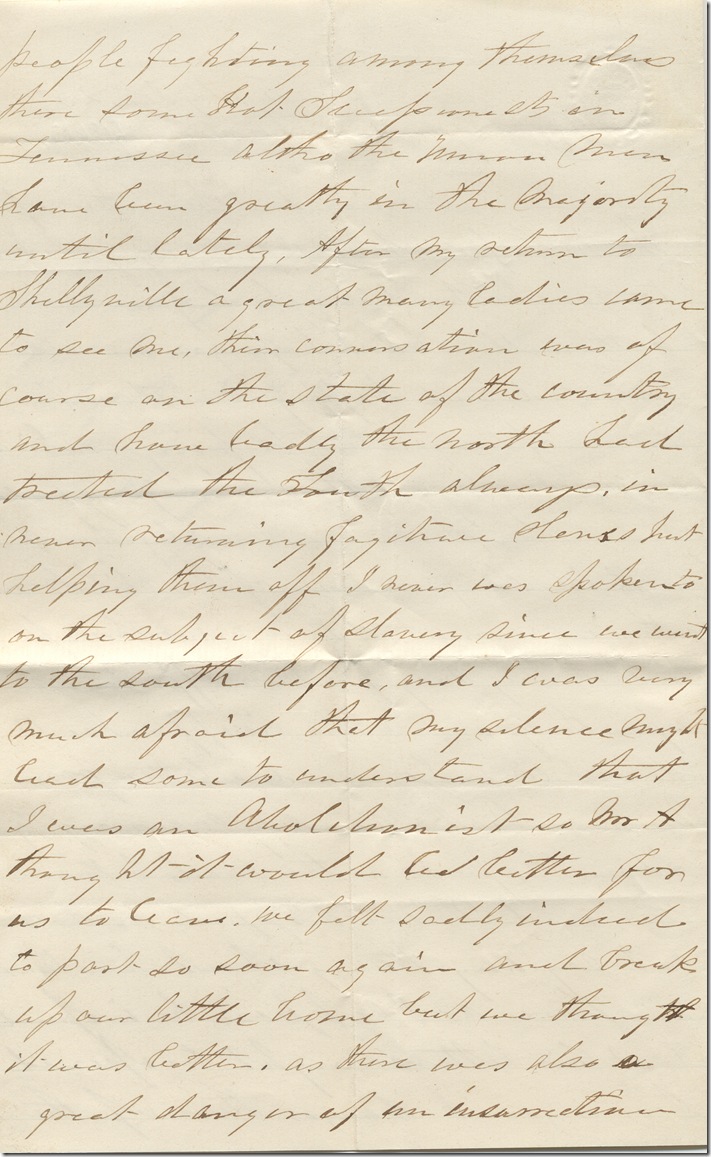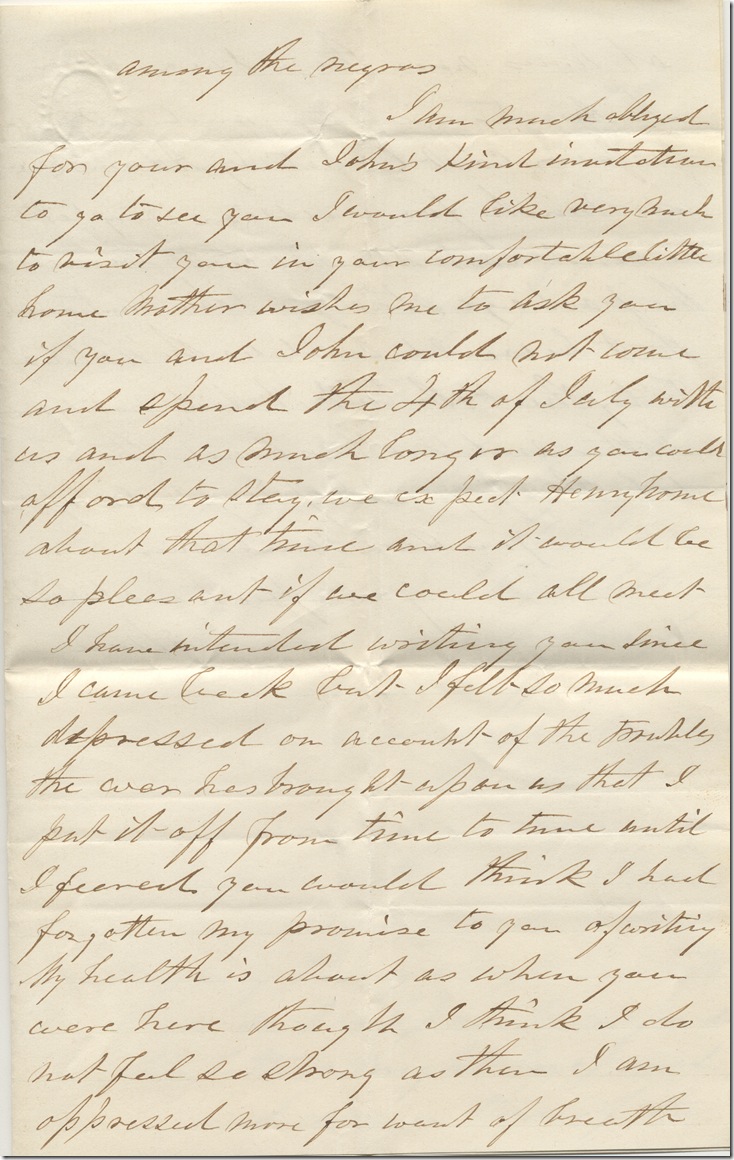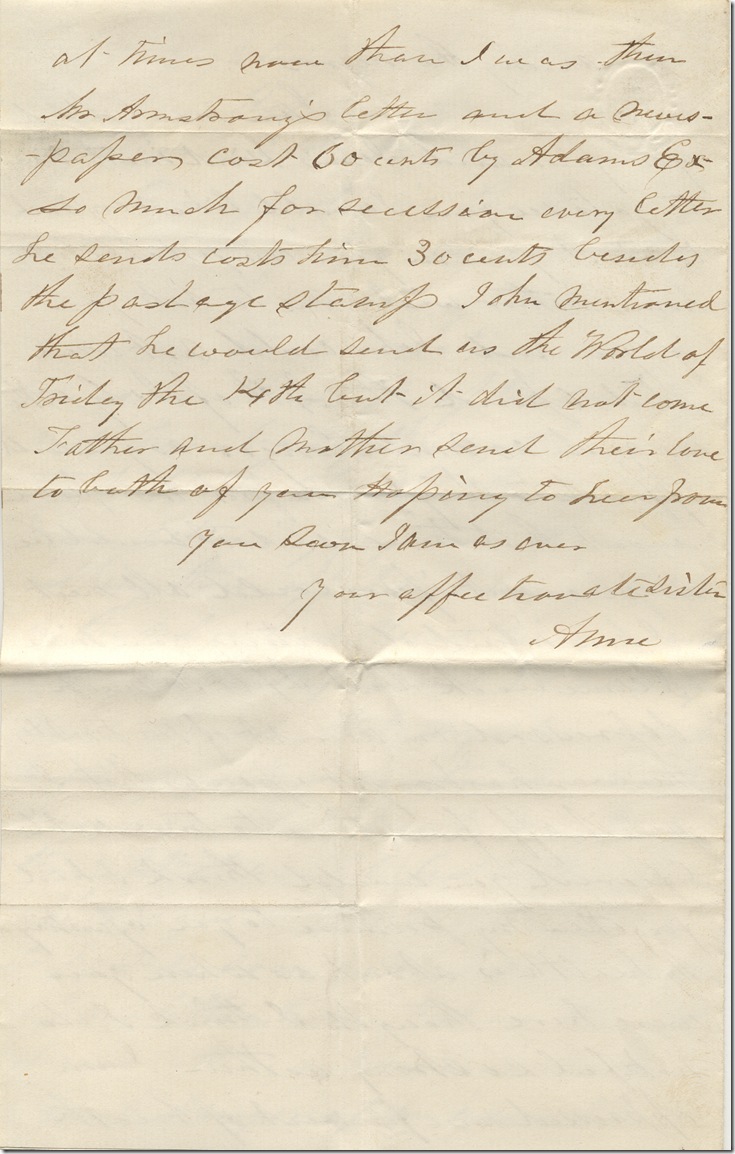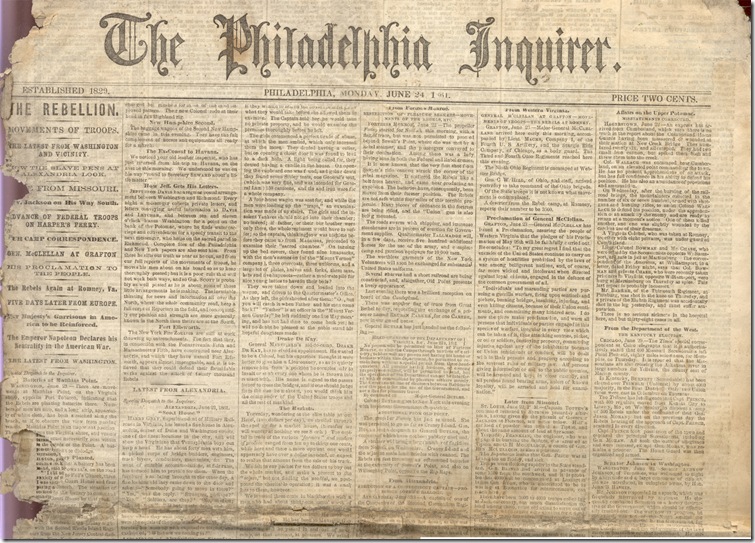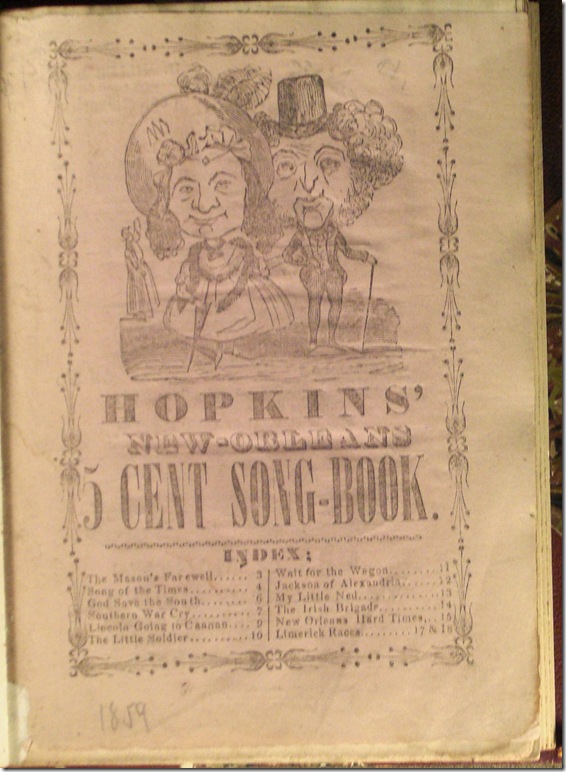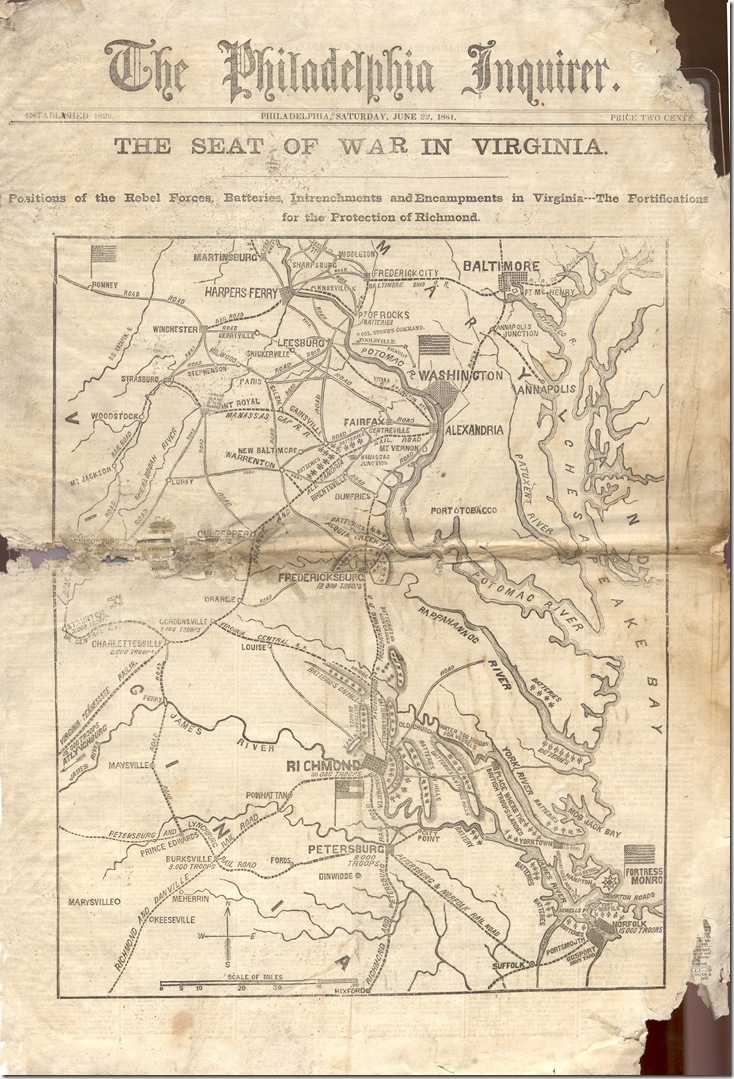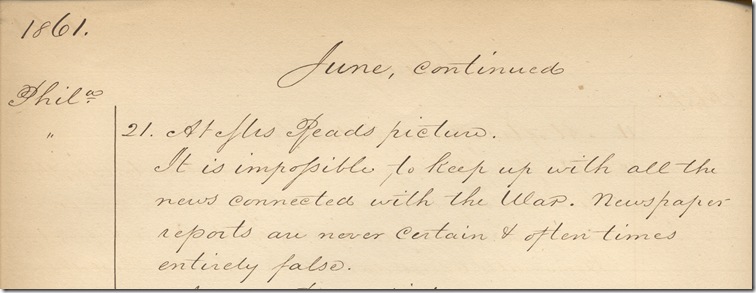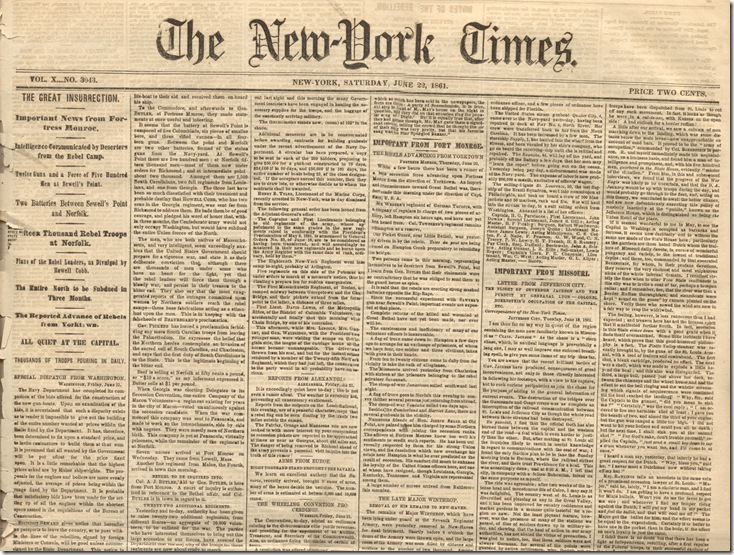
Transcript (excerpt):
Saturday, June 22, 1861
The Great Insurrection
–
Important News from Fortress Monroe.”
“Intelligence Communicated by deserters from the Rebel Camp.
Twelve Guns and a Force of Five Hundred Men at Sewell’s Point
Two Batteries Between Sewell’s Point and Norfolk.
Fifteen Thousand Rebel Troops as Norfolk
Plans of Rebel leaders, as divulged by IIewell Cobb.
The entire North to be subdued in Three Months
The reported Advance of Rebels from Yorktown
All quiet at the capital
Thousands of troops pouring in daily.”
“Important News from Fort Monroe
The Rebels Advancing from Yorktown
Fortress Monroe, Thursday June 20.
Within a few hours there has been a rumor of a large secession force advancing upon Fortress Monroe from the direction of Yorktown. An important reconnaissance toward Great Bethel was therefore, made this morning under the direction of Capt. Smith U.S.A.
Max Webber’s regiment of German Turners, with a company of regulars in charge of two pieces of artillery, left Hamptons six hours ago, and have not yet been heard from. Col. Townshead’s regiment remains at Hampton as a reserve
Our Picket Guard, near Little Bethel, was yesterday driven in by the rebels. Tetes du pout are being formed on Hampton Creek preparatory to rebuilding the bridge.
Two persons came in this morning, representing themselves to be deserters from Sewell’s Point, but I learn from Gen Butler that their statements were so contradictory that he was obliged to send them to the guardhouse as spies.
Citation: New York Times. New York, 22 June 1861. Gift of Steven and Susan Raab. AN .N5682
